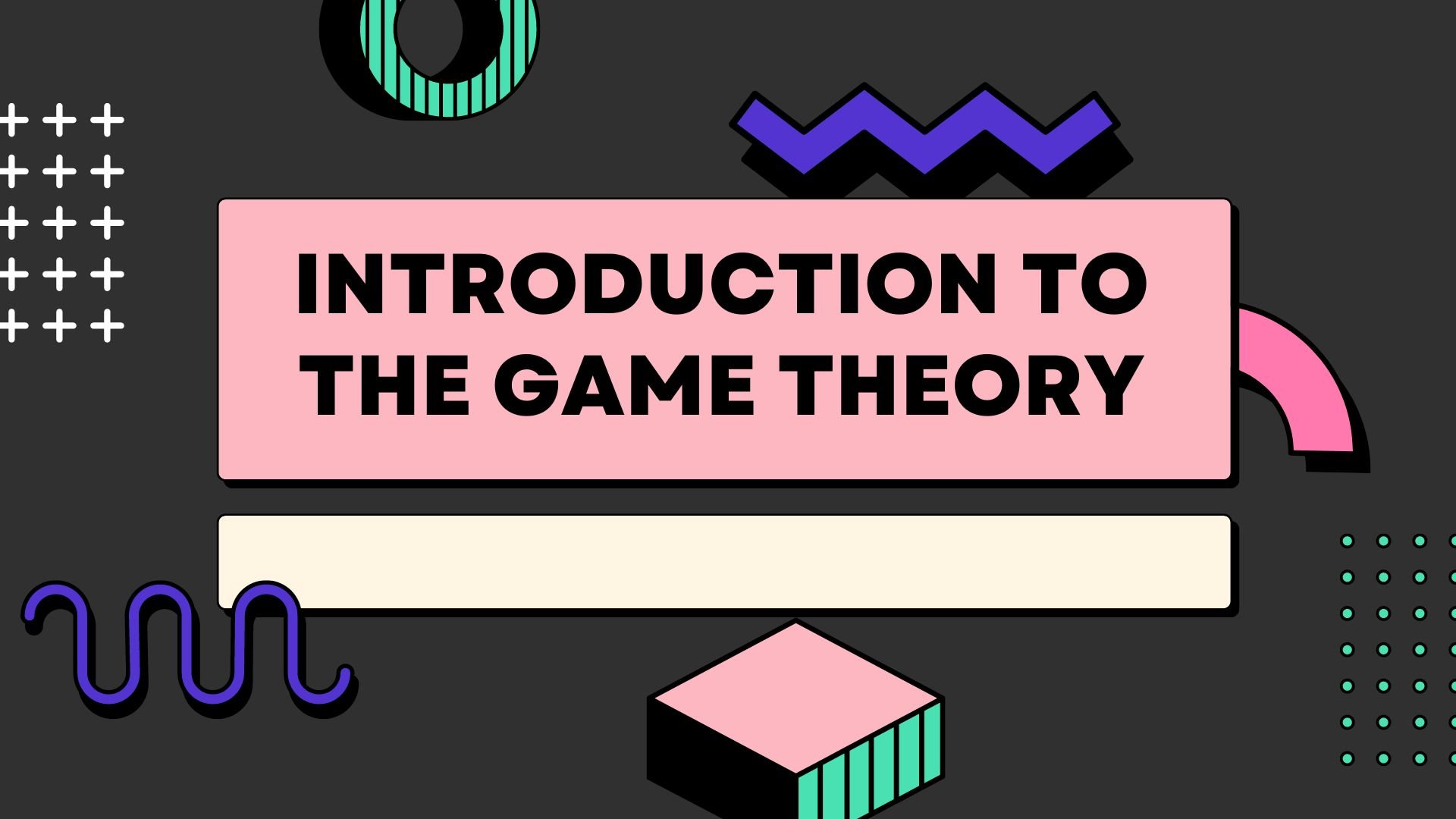Mathematics, often regarded as a universal language, offers a structured approach to solving problems and understanding the world around us. However, many students find themselves struggling with this subject due to its abstract nature and the demands it places on logical thinking and problem-solving abilities. The key to mastering mathematics lies not only in understanding formulas and concepts but also in developing a disciplined and strategic approach to study. This post outlines several effective methods for studying mathematics that can lead to greater success and deeper understanding.
1. Establish a Strong Foundation
Mathematics is cumulative, meaning that concepts build upon one another. As a result, it is crucial to master foundational topics before moving on to more advanced material. For instance, a solid grasp of basic algebra is essential for understanding calculus, and a firm understanding of geometry is critical for trigonometry. If you are struggling with a topic, take the time to review related concepts from previous lessons or courses. This approach helps you develop the necessary skills to tackle more complex problems.
2. Practice Regularly
Mathematics is a skill that improves with practice. Unlike subjects that may primarily require memorization or reading, math demands active engagement with problems. Solving problems allows you to apply theoretical knowledge and uncover areas where you may need further clarification. Begin by solving simple problems to reinforce basic concepts, then gradually increase the difficulty to challenge yourself. It’s important to aim for consistency rather than cramming; regular practice helps solidify your understanding and increases problem-solving speed.
3. Focus on Understanding, Not Memorization
While memorization of formulas, theorems, and procedures is important, true success in mathematics comes from understanding the underlying principles. Instead of simply memorizing how to solve specific types of problems, focus on why certain methods work and how they relate to broader mathematical concepts. For example, when studying calculus, aim to understand the concept of a derivative before learning how to apply differentiation rules. Developing a conceptual understanding of mathematics enables you to adapt to new problems and find solutions without relying solely on memorized steps.
4. Break Down Complex Problems
Mathematical problems can sometimes seem overwhelming, particularly when they involve multiple steps or unfamiliar concepts. A helpful strategy is to break down complex problems into smaller, more manageable parts. Start by identifying the key information and determining which methods or formulas are most relevant. Then, approach the problem step by step, tackling one piece at a time. This approach not only makes problems less intimidating but also allows you to spot errors and improve your problem-solving process.
5. Utilize Multiple Resources
While textbooks and classroom notes are valuable resources, they are not always sufficient for deep understanding. Exploring multiple resources can provide alternative explanations, examples, and problem sets that may help clarify challenging topics. Online platforms, such as Khan Academy, Coursera, or other math-specific websites, often offer free lessons, video tutorials, and exercises. Similarly, working with peers, joining study groups, or seeking guidance from a tutor can offer new perspectives and help reinforce difficult concepts.
6. Stay Organized and Keep a Math Journal
Staying organized is essential when studying mathematics. Keep your notes well-structured, ensuring that formulas, theorems, and methods are clearly documented. A math journal can be an invaluable tool, where you record important formulas, concepts, and techniques as you encounter them. Additionally, reflect on your learning by writing explanations of concepts in your own words. This process not only reinforces your understanding but also serves as a valuable reference for future study sessions.
7. Be Patient and Persistent
Mathematics can be a challenging subject, and it is common to encounter difficulties along the way. It’s important to be patient with yourself and embrace the process of learning. Developing expertise in mathematics takes time, and it’s okay to make mistakes. The key is to learn from them and continue practicing. Persistence is often the difference between struggle and success in mathematics—stay motivated, and over time, your ability to solve problems and understand concepts will improve.
8. Ask Questions
Mathematics is a subject that often requires clarification. If you encounter a concept or problem that you don’t understand, don’t hesitate to ask questions. Reach out to your teacher, peers, or online communities. Often, a fresh explanation can provide the breakthrough needed to understand a concept. Engaging in discussions and seeking clarification deepens your comprehension and helps you connect mathematical concepts in meaningful ways.
9. Review Regularly
Mathematics requires not only learning new concepts but also regularly revisiting older material. Schedule regular review sessions to ensure that you retain previously learned information. Reviewing periodically helps to reinforce concepts and makes it easier to recall relevant information when solving problems. A cumulative review also makes it easier to spot connections between topics, allowing you to see the bigger picture of how different areas of mathematics are interrelated.
To sum up, studying mathematics successfully requires a blend of solid foundational knowledge, regular practice, and an understanding of underlying concepts. By focusing on understanding rather than memorization, breaking down complex problems, and utilizing multiple resources, you can approach math with greater confidence and efficiency. Remember, persistence is key—mathematical mastery takes time, and with the right approach, you can build the skills necessary to excel. Embrace the challenge, stay consistent, and over time, you will find yourself gaining deeper insight and appreciation for this fascinating and valuable subject.





Leave a Reply